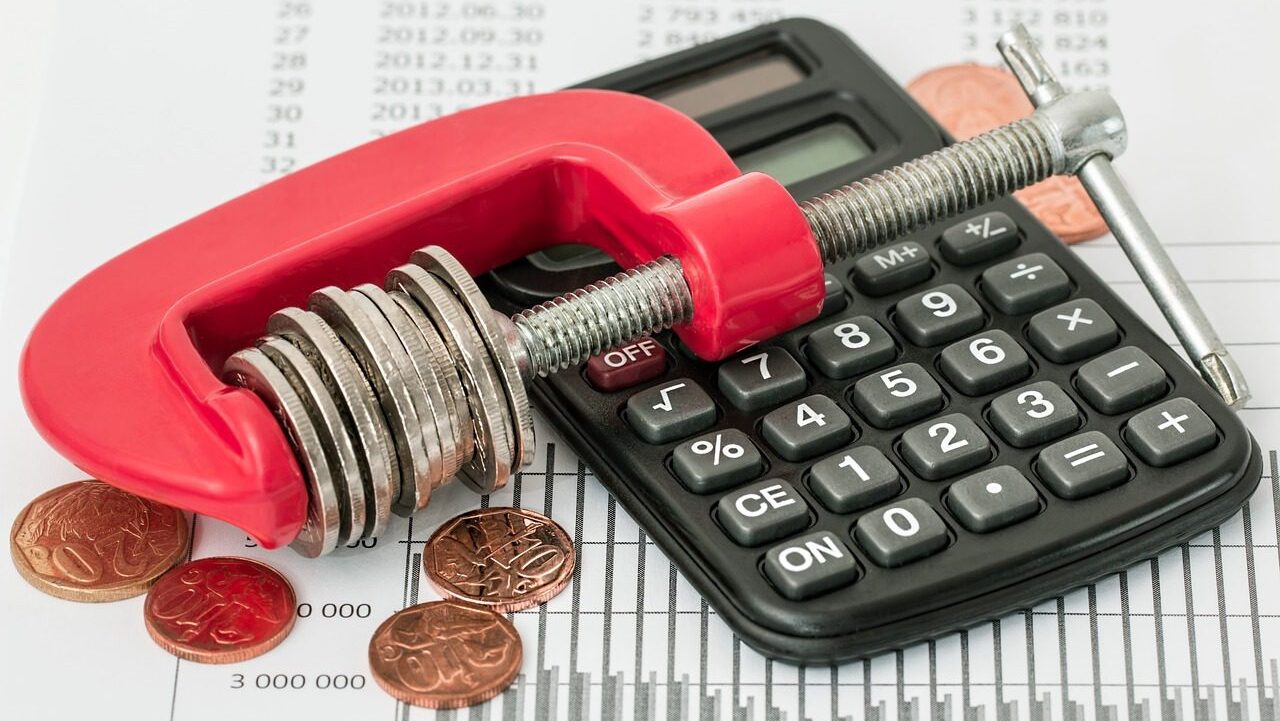
Photo: Steve Buissinne de Pixabay
The 2025 budget presented by the French government includes an increase of almost 10% in the amount allocated to State Medical Aid (Aide médicale d’État, or AME), a publicly funded system for paying for migrants’ healthcare. This comes despite criticisms from the Right and headline-grabbing announcements by Interior Minister Bruno Retailleau, who wants to roll back the provision and push the government to backtrack
AME is accused of encouraging illegal immigration—at a time when voters want to see border control properly enforced.
The AME budget is suggested to be increased from €1.13 billion in 2024 to €1.2 billion in 2025. This information, which went relatively unnoticed during discussions before the presentation of the 2025 budget to the National Assembly, was revealed by the Huffington Post. The increase was justified by the “health necessity” of a scheme that “helps to protect the entire population from epidemiological and health risks.”
This funding increase bore the stamp of the arbitration of Prime Minister Michel Barnier, who had to decide between the opposing aspirations of his interior minister Bruno Retailleau—in favour of restricting if not abolishing the AME—and his Health Minister Geneviève Darrieussecq—hostile to any questioning of the scheme. Now Darrieussecq’s supporters appear to have had the last word.
As scant consolation for the defeated minister of the interior, the finance bill included a reference to tighter controls on beneficiaries of state aid. From now on, applications will have to be made by individuals, and a database will be set up to monitor the profile of those receiving assistance. On the other hand, no restrictions have been placed on the range of care offered, or on those entitled to it, as Retailleau had suggested.
The announcement of an increase in the AME budget provoked widespread criticism from the Right. In an interview with RMC-BFM TV on Monday, October 15th, Rassemblement National (RN) president Jordan Bardella explained that his party would not be voting for the state budget, which he considered inadequate to stem the budgetary haemorrhage. The chairman of the RN pointed out:
Taxes are going to rise and alongside that I see aberrations: increasing the budget of the Élysée Palace and Parliament; delisting healthcare from the social security system; increasing the price of health contracts. … When at the same time you increase the budget for the AME, how can you make these kinds of decisions?
The Élysée Palace and Parliament agreed to drop the increases to their budget as a response to Bardella’s criticism. The budget for the AME is also expected to remain at the same level as 2024 after the discussions.
In any case, Retailleau does not consider himself defeated. He has announced that he intends to propose a new immigration bill for the beginning of 2025, which would enable the main provisions—censured by the Constitutional Council a few months ago—to be reversed. This could include a global reform of the AME. The move has been confirmed by government spokeswoman Maud Brégeon—but is already being criticised by Macronists, such as minister Agnès Pannier-Runacher, or former prime minister Gabriel Attal, who believes that this project is not a priority.
Immigration policy cacophony looks set to continue over the months ahead.
